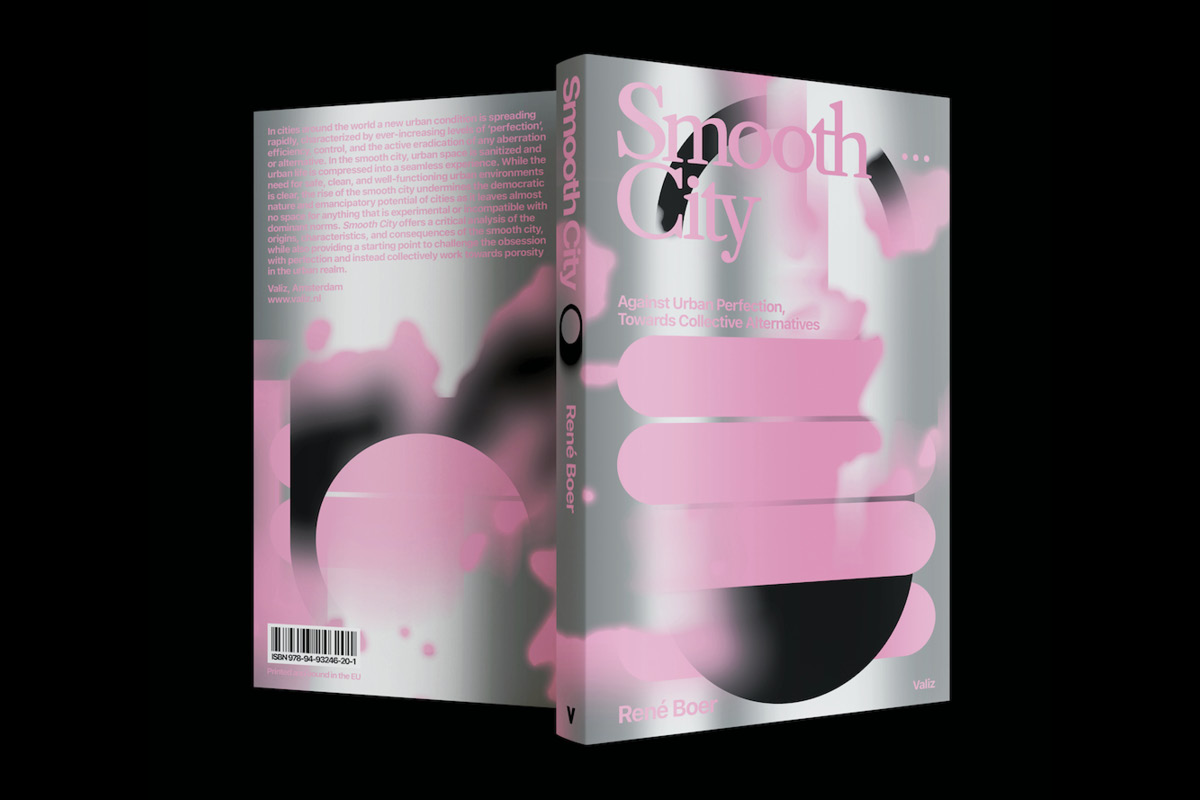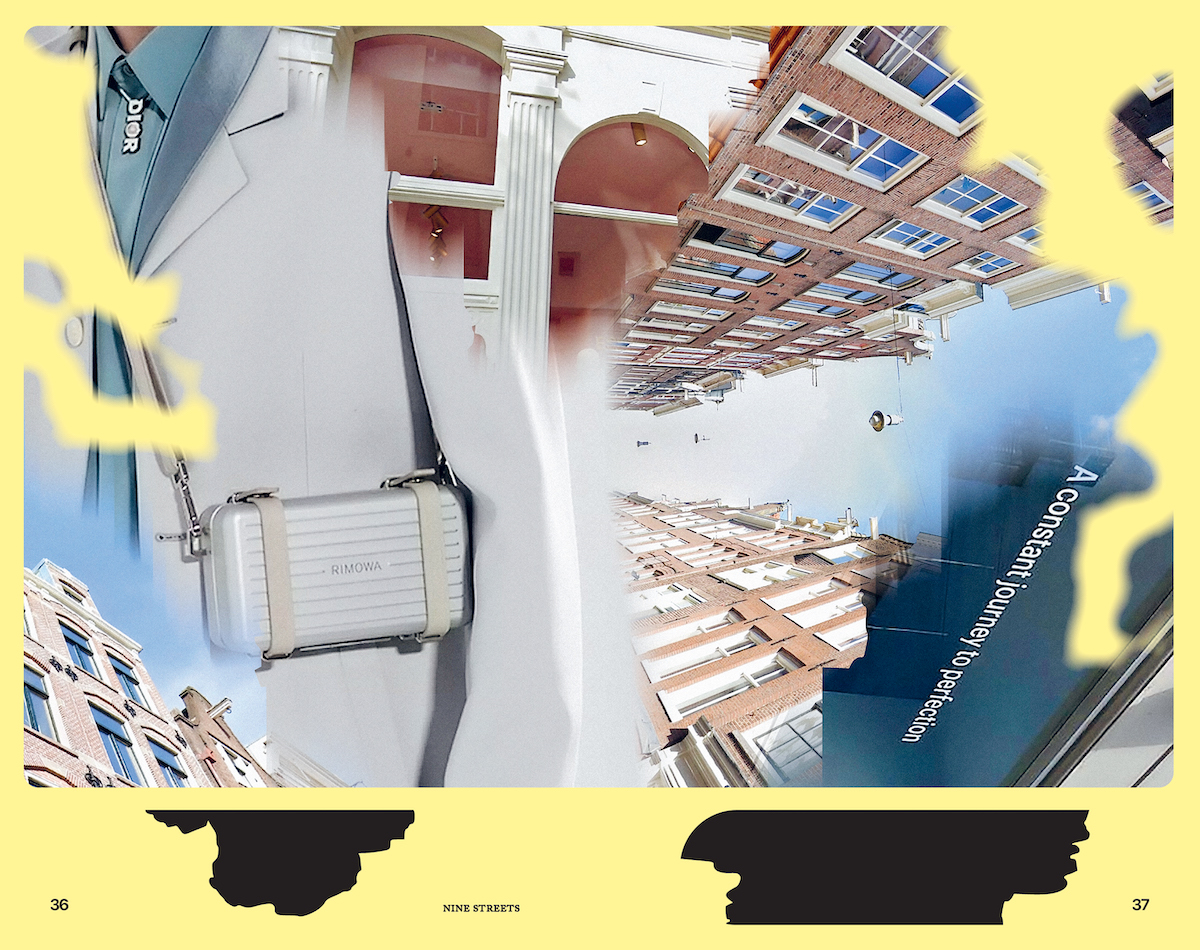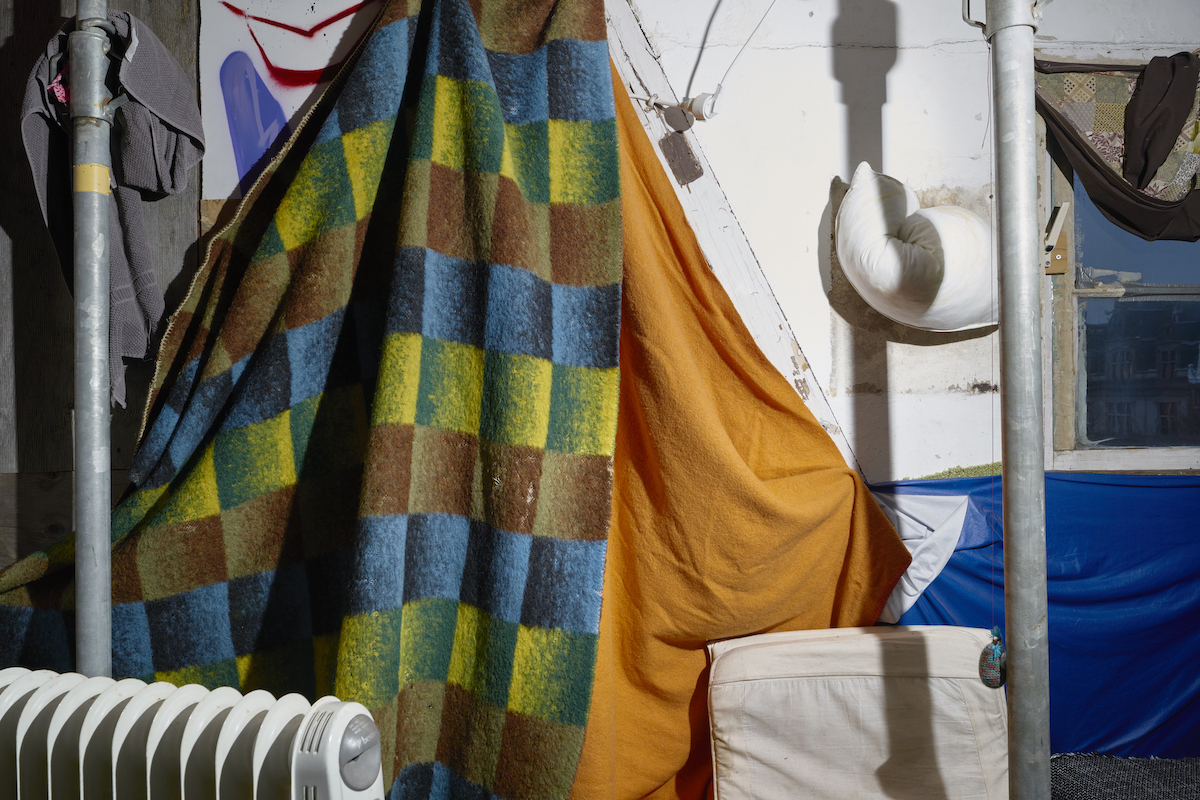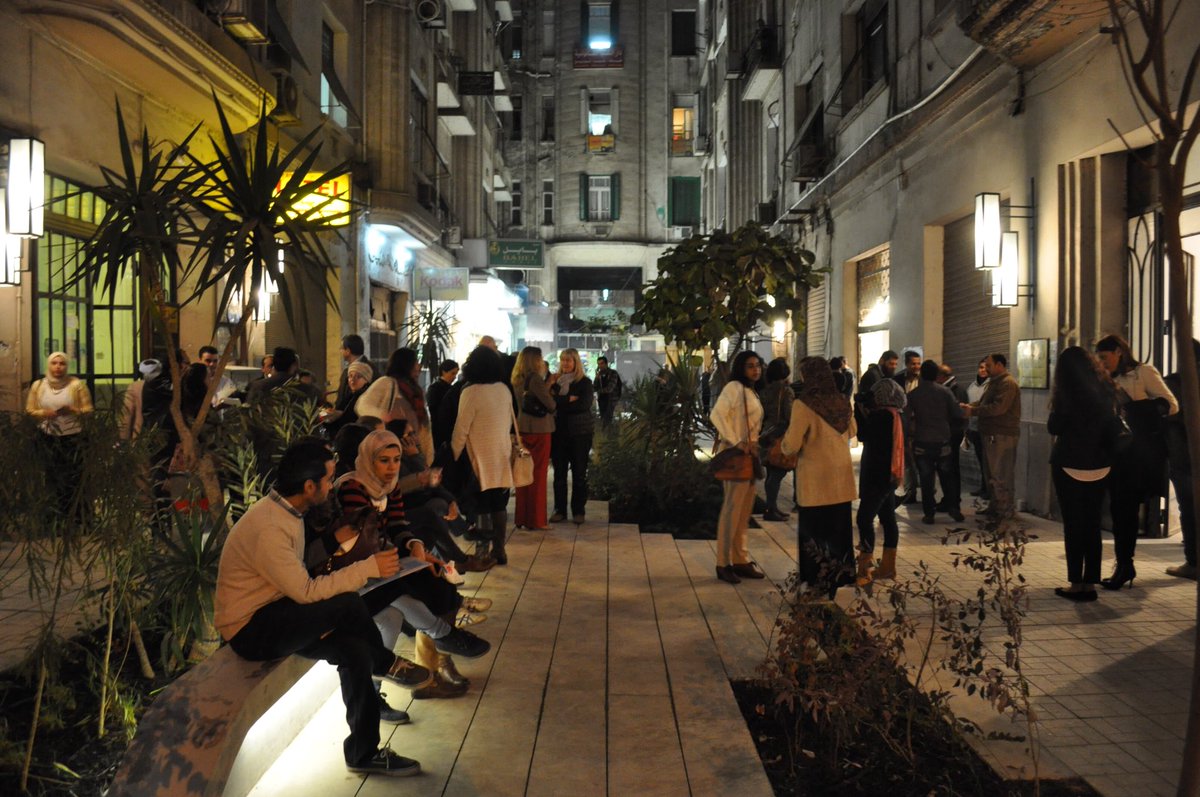Hi, my name is René Boer.
I work as a critic, curator and organizer in and beyond the fields of architecture, design, heritage and the arts. In my practice I seek to articulate new perspectives on spatial matters and facilitate fertile ground for imagining and materialising alternatives. This results in a wide range of exhibitions, public programmes, research projects and political constellations, often in close collaboration with a network of likeminded institutions, movements, experts and friends. I am also a founding partner of Loom - practice for cultural transformation, one of the driving forces behind the transnational platform Failed Architecture and affiliated with various urban social movements. While most of my work is nowadays situated in Amsterdam, Cairo also remains an important city to me. I have also taught (and might teach again) at the Amsterdam Academy of Architecture, Cairo Institute for Liberal Arts and Sciences, Design Academy Eindhoven, Independent School for the City (Rotterdam) and Gerrit Rietveld Academy (Amsterdam). Recently, I published the book Smooth City (Valiz, 2023), which critically reflects on the obsession with perfection in cities worldwide. Scroll down to learn more about some of the main threads of my practice, or send an email to mail@reneboer.net to get in touch.

Smooth City
Based on years of research, interviews and workshops I wrote a book about the urban condition I refer to as the 'smooth city'. It departs from the observation that in cities around the world this urban condition, characterised by ever-increasing levels of ‘perfection’, efficiency and control and the active eradication of any aberration or alternative, is spreading rapidly. In the smooth city, urban space is sanitised and urban life compressed into a seamless experience. While the need for safe, clean, and well-functioning urban environments is clear, the rise of the smooth city undermines the democratic nature and emancipatory potential of cities while leaving almost no space for anything that is experimental or incompatible with dominant norms. This publication offers a critical analysis of the origins, characteristics and consequences of the smooth city, while also offering a starting point to challenge the obsession with perfection and instead collectively work towards porosity in the urban realm. The book has been designed by Kees de Klein, who also contributed with a visual essay. Order a copy directly from the publisher.

Architecture of Appropriation
While the smooth city is a critique on urban perfection, many of my other projects engage with various ways to instigate alternatives. Architecture of Appropriation is a research, archival project, series of exhibitions and publication, which acknowledges squatting as a spatial practice with a large impact on the urban landscape, and recognizes the resulting spatial constellations as an architectural style. This project is a collaboration with Het Nieuwe Instituut and six communities in Amsterdam, Rotterdam and Maastricht, and originated from a request by the State Archive for Dutch Architecture and Urban Planning to make their collection more inclusive by starting to collect the contribution of anonymous, precarious and even criminalised groups to the city. The project reflects on approaches to researching, archiving and representing appropriated spaces in the institutional framework of an archive and museum, and establish forms of reciprocity and solidarity within the project. Visit an installation about the project in the permanent exhibition Designing the Social in Het Nieuwe Instituut.

Contemporary Commoning
Besides urban social movements, artists and designers can also contribute to new forms of being together in the urban realm. Commissioned by the Gerrit Rietveld Academy I developed Contemporary Commoning as a two-year artistic research project examining these potential relations between art and design practices and forms of 'commoning' in the newly developed neighborhood of Zeeburgereiland on Amsterdam's eastern fringes. Artistic and academic researchers from RAAAF, Waag: Technology & Society, Gerrit Rietveld Academy, Sandberg Instituut, Casco Art Institute and the University of Amsterdam contributed to the research with various investigations and experiments. For example, the temporary installation "Black Water" by RAAAF sought to create new relations among the area's inhabitants inviting them to an abandoned and forgotten space which constituted an immediate contrast with the bright and smooth surroundings. In 2022, the installation was nominated for the Amsterdam Prize for the Arts. The interdisciplinary collaborations resulted in a multifaceted toolkit with 'recipes for the commons' published on commons.art and a booklet to inform the inhabitants of the island about the project. Browse the toolkit on commons.art or download a copy of the booklet.

Grounded Urban Practicesn
Another position from which the status quo of business-as-usual spatial production is being challenged is that of collaborating architects, designers or spacemakers grounding themselves in urban areas, movements or communities, while using space as a key agent of change. In collaboration with the Cairo-based CLUSTER studio these so-called Grounded Urban Practices from cities as different as Cairo, Tunis, Berlin, Rotterdam and Amsterdam were brought together in an international network, to exchange ideas as well as knowledge about legal, financial and organisational models and new strategies and methods. The participating GUPs ranged from initiatives for new housing cooperatives to practices bringing communities together around heritage issues. This project originally started with the observation that a wave of GUPs had emerged in Cairo and Tunis after the 2011 revolution and in Amsterdam and Rotterdam during the 2008-2012 financial crisis, while also acknowledging that many GUPS in both contexts face serval difficulties today. Every iteration of this project has so far resulted in a free publication which can be downloaded on the project's website. Visit groundedurbanpractices.net to study the impact of this movement.
